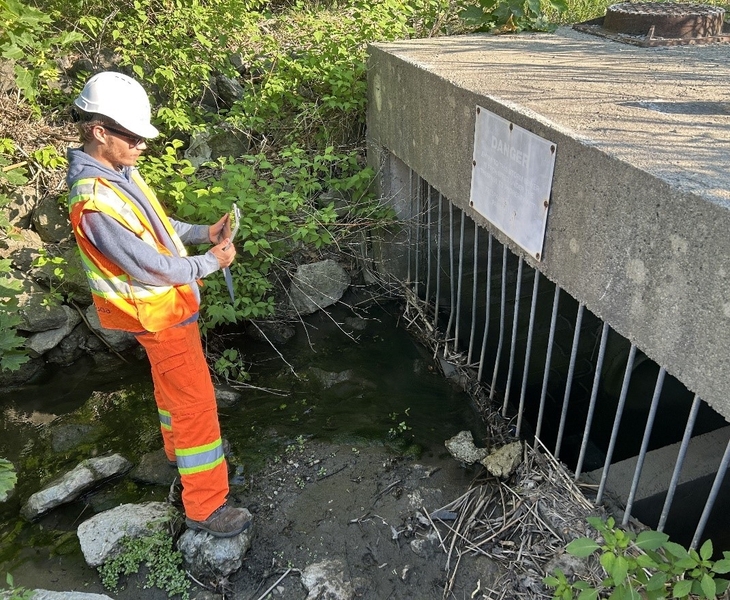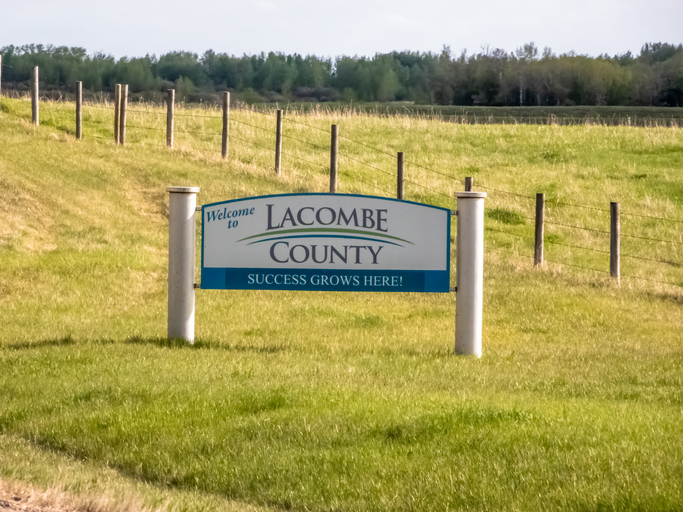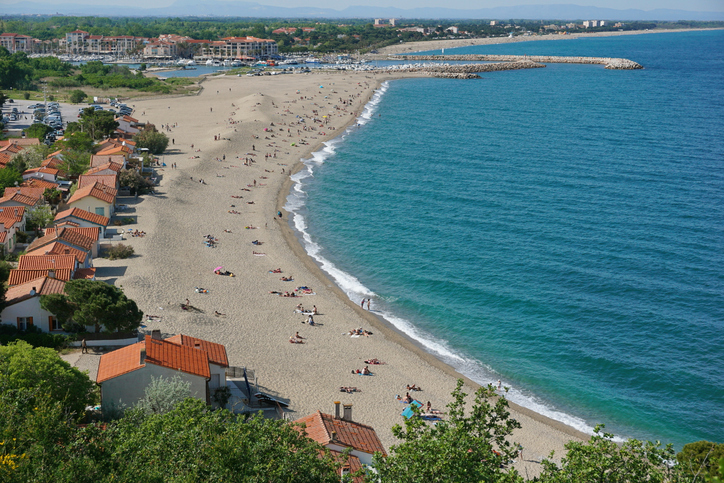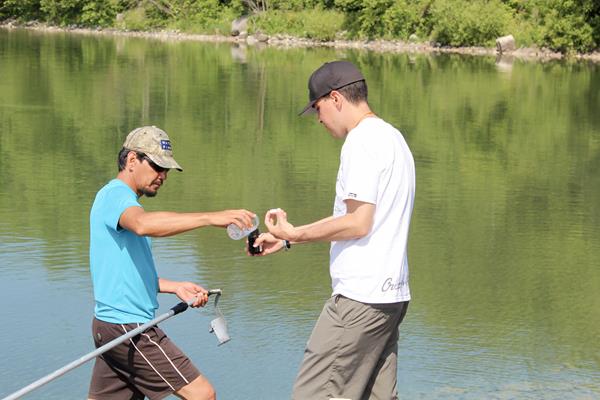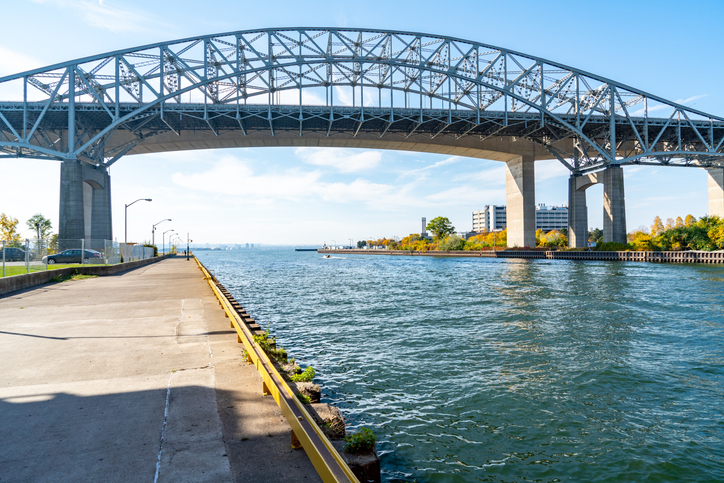Though some people fear harmful exploitation or even the drying up of water resources, Marcel Boyer, the author of a research paper published by the Montreal Economic Institute, says it is urgent to look seriously at developing Canada’s ‘blue gold,’ particularly in the form of controversial large-scale exports.
“The development and marketing of this expertise require a strategic plan to enable Quebec to become a leader in water management,” says Boyer, vice president and chief economist of the Institute.
Canada holds the world’s most extensive freshwater reserves, with 8% of world inventory. Quebec has 3% of the planet’s fresh water on its territory, giving it 13 times more renewable fresh water per inhabitant than the United States. Quebec is using only 0.5% of its available renewable fresh water, compared to 18.9% in the United States. Suitable use of this renewable resource would not have an impact on Quebec’s water reserves.
“The success of these markets relies on the government’s ability to establish well-defined water use rights that are transferable and can encourage resource conservation.”
The government could set out a regulatory framework for the trade in water to make owners or concession-holders more fully aware of the benefits and costs associated with the various uses of the water under their control.
Various water export scenarios reveal income opportunities that far exceed revenues from energy exports, the report, titled Freshwater exports for the development of Quebec’s blue gold, predicts. If Quebec were to export 10% of its one trillion cubic metres of renewable fresh water per year at a price equal to the current cost of seawater desalination (65 cents per cubic metre), and if the government took 10% of this amount in royalties, it would generate income of $6.5 billion a year for the government, five times the dividend paid by Hydro-Québec.
Boyer says that the quantity of water we could export without endangering the environment would be enough to fill nearly 300,000 Olympic Stadiums a year. According to the Department of Environment, if Quebec alone were to provide the world’s entire production of bottled water – 154 billion litres in 2004, this would represent 1% of the precipitation that recharges groundwater in Quebec’s inhabited areas. Meanwhile, 97% of the natural recharge in inhabited areas goes unused, flowing into rivers and then into the ocean.


